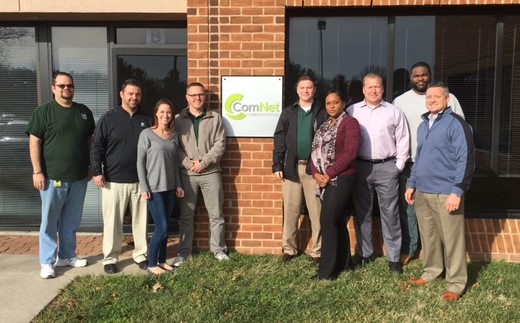The Angels Among Us
For the most part, the transition from being an employee to being an entrepreneur is a really exciting time. You can implement your vision of how to create and sell a product or service, hire the people you want, and take the company in the direction of your choosing. In theory, that’s all true, however, you also need capital to make all of those things happen. In the very early stages, bootstrapping may be a good option; you could use money from your savings account or ask friends and relatives for an initial investment. So what happens when that money runs out and you’re not ready for venture capital funding? This is often a great time to look for an angel investor to give your company the capital it needs for that in-between stage.
In a nutshell, angel investors are high net-worth individuals who invest their own money in new companies. Angels typically invest between $25,000 and $100,000 and get in at the final, or beta stage, of product development. Angels invest in a company in exchange for equity ownership or convertible debt and because angels have no one to answer to or pay back, their investment terms are often negotiable based on a variety of self-determined factors. Alone, most angels can’t make a living off of their investments, however, angels do form groups, or syndicates, which enable them to invest larger amounts. Because these groups of angels pool their money for larger investments and bigger paybacks, the flexibility of the process is greatly reduced and naturally requires more due diligence.
As they say, angels are everywhere, and we’ve provided a short list of local angel investors along with some information about their companies.
Dingman Center Angels
The Dingman Center Angels is a Maryland-based angel investment group that provides funding to early stage companies located within the Mid-Atlantic region. They are looking for innovative, technology-driven startup companies addressing a significant market opportunity where their investment and expertise can make a difference. They introduce entrepreneurs to potential investors through presentations at monthly meetings which are held from September to June. Their group looks to invest $100,000 to $1,000,000 in seed/early stage companies and will often syndicate with other angel groups and VCs for deals up to $2 million. The Dingman Center Angels is not a fund and does not invest as a group. Their members collaborate on due diligence but make individual investment decisions. If you’re interested in the Dingman Center Angels, visit bit.ly/2l1Hwkl.
Baltimore Angels
Baltimore Angels is an angel investor group founded in 2009. Its mission is to invest profitably in the regional entrepreneurial ecosystem and advance early stage innovators to the next stage of capital formation. They are looking for early stage technology-based companies run by entrepreneurs with a strong vision and who are typically just beyond a friends-and-family round. Investments are made in a variety of industries including business products, computers, consumer goods, education, and several other categories. The Baltimore Angels have invested in, among others, Canvas, Parking Panda, Social Toaster, and ZeroFOX. Meetings are held monthly in Baltimore and they welcome interested investors and entrepreneurs from around the country. You can find more information about the Baltimore Angels at www.baltimoreangels.com./
Hivers and Strivers
Hivers and Strivers is an angel investment group focusing on early stage investments to support start-up companies founded and run by graduates of the U.S. military academies. Most of their investors have served in the military and are successful senior executives with experience in a broad range of industries and business models. They typically invest $250,000 to $1,000,000 in a single round. When larger financing rounds are needed, they will actively look to syndicate deals with other investment groups in their network. Their goals are to support young veteran entrepreneurs and to facilitate a successful exit for both company founders and investors alike that provides a return of 10x the initial investment. More information about Hivers and Strivers can be found at http://www.hiversandstrivers.com./




